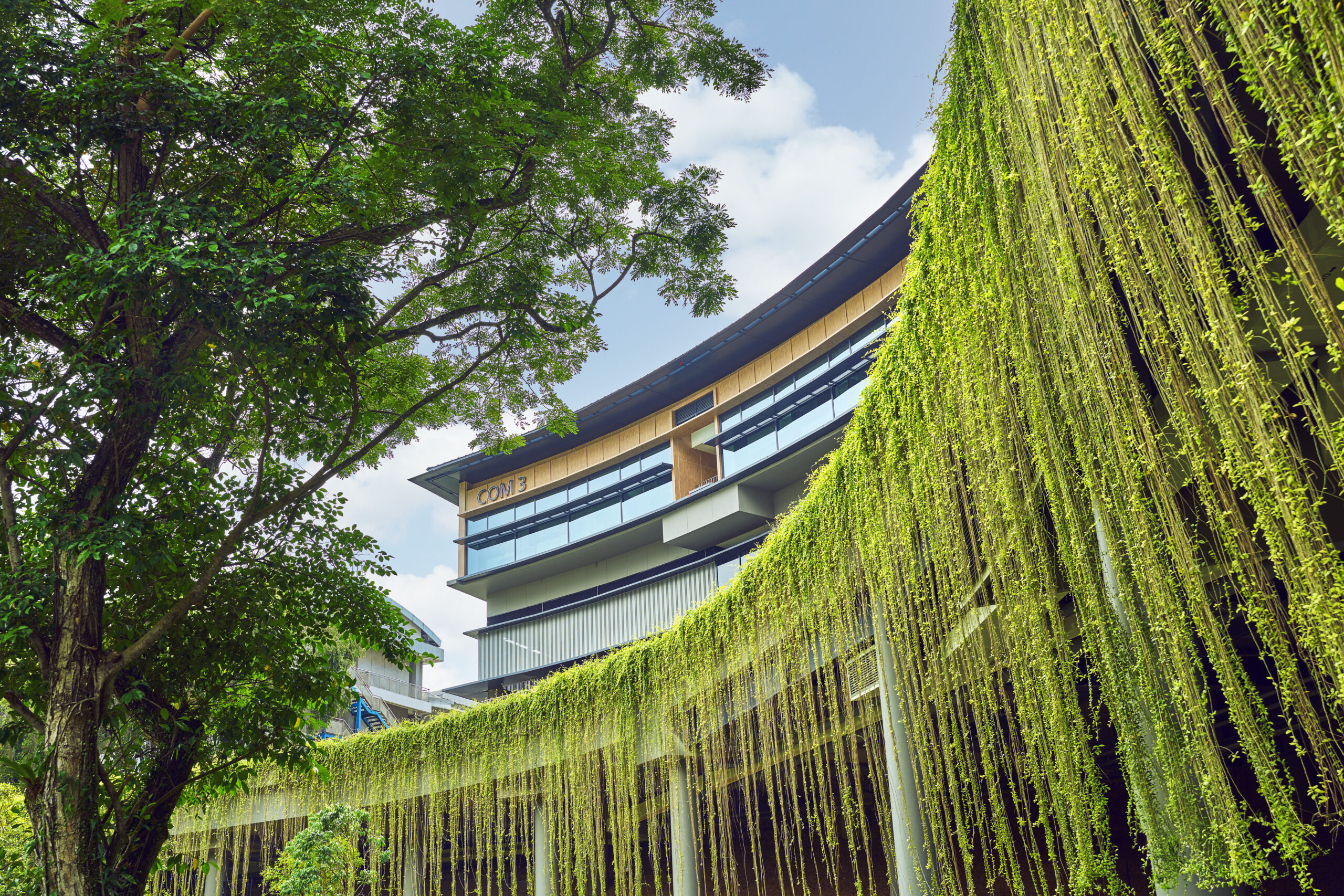
NUS-MSRA
AI Summer School
in partnership with IMDA
25-27th July, 2025 Venue: NUS School of Computing
The National University of Singapore (NUS)-Microsoft Research Asia (MSRA) AI Summer School in partnership with Infocomm Media Development Authority (IMDA) brings together experts to educate and foster collaboration among the next generation of AI leaders in academia and industry.
Covering topics in Foundational AI and domain applications of AI, the AI Summer School will enable faculty, students and industry practitioners to realise the growing, exciting possibilities surrounding the use of AI in the real world.
Venue
COM4 Seminar Rooms 31 (#03-01) 3A Research Link, Singapore 119392

Registration
Faculty, students and industry practitioners are welcome to participate in the AI Summer School
Participation Fee: SGD $100 per participant before GST (faculty/students)
SGD $500 per participant before GST (industry)
Please register your interest to attend
here
Successfully registered participants will be sent a confirmation email with the payment link
SPEAKERS
KEYNOTE

Doug Burger
Technical Fellow and Corporate Vice President, Microsoft Research
ACM and IEEE Fellow
Read Bio
Doug Burger is a research leader in artificial intelligence, computer architecture, and computer systems. His research work has been highly influential on the field of computer architecture, he has led engineering teams that have designed and shipped novel computing systems at datacenter scale, and has made key contributions to the field of artificial intelligence. He is currently a both a Technical Fellow and a Corporate Vice President at Microsoft, serving as the Managing Director of Microsoft Research’s worldwide research labs. In that role, he oversees a global organization of over 1,000 researchers and engineers, steering the organization to generate strategic breakthroughs in artificial intelligence and computer science.
Doug received his BS in Computer Science from Yale University in 1991, and his MS/PhD in Computer Science in 1993/1998 from the University of Wisconsin-Madison. From 1998 to 2008 he was on the Computer Sciences faculty at the University of Texas at Austin, where he co-led a research lab that generated a stream of research innovations in computer architecture. Hundreds of millions of microprocessors world-wide contain advanced technologies (such as non-uniform caches) invented in his laboratory. In 2008 Microsoft recruited him to build a Computer Architecture group in Microsoft Research. From 2008 to 2018 he led research teams in Microsoft Research that pioneered advanced large-scale system designs, such as Brainwave (for service ultra-efficient AI for Bing and Office), Accelerated Networking, and Catapult. Every server deployed in Microsoft’s cloud now incorporates a hardware platform designed by Doug’s team in research.
In 2018, Microsoft asked Doug to move with his team into Azure to co-found Azure’s custom hardware division, where he served as an engineering executive designing AI supercomputers for Microsoft’s Cloud. During that time, Doug and two of his team members co-invented a new class of number formats called MX, which were released in 2023. These number formats define ultra-efficient numerics for AI (4, 6, and 8-bit formats), and have been widely adopted by the AI industry. This standard will be shipping as the primary performance improver in Nvidia’s new Blackwell chips, slated for release later this year. These number formats are expected to save Microsoft tens of billions of dollars in AI serving costs and hundreds of billions of dollars in savings for the broader industry.
In 2023, Doug was asked to move back to Microsoft Research to take on a leadership role as director of Microsoft Research Core (the organization’s world-wide labs). He supervises over 1000 scientists and engineers and is chartered with steering Microsoft’s research organization through the transition to the AI era. He has received many awards for his research, including the 2006 ACM Maurice Wilkes award. He has published over 100 scientific papers, which have been cited over 41,000 times. He is also the co-inventor on more than 100 U.S. Patents. He is an ACM and an IEEE Fellow.
DISTINGUISHED SPEAKERS
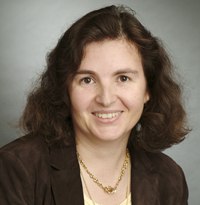
Daniela Rus
Andrew (1956) and Erna Viterbi Professor of Electrical Engineering and Computer Science, Massachusetts Institute of Technology
Director of the Computer Science and Artificial Intelligence Laboratory, Massachusetts Institute of Technology
Read Bio
Professor, Massachusetts Institute of Technology
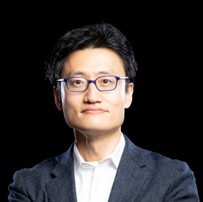
Zhao Jinhua
Professor, Massachusetts Institute of Technology
Read Bio
Jinhua Zhao is the Professor of Cities and Transportation at the Massachusetts Institute of Technology (MIT). He founded and directs the MIT Mobility Initiative (MMI), a global platform to accelerate a safe, clean and inclusive mobility system. He hosts the MIT Mobility Forum, showcasing transportation innovation from MIT and across the globe. He leads the program “Mens, Manus and Machina (M3S): How A.I. Impacts the Future of Work and Future of Learning” funded by Singapore National Research Foundation. He directs the JTL Urban Mobility Lab and Transit Lab at MIT leading long-term collaborations with transportation authorities and operators worldwide and enabling cross-culture learning between cities in North America, Asia and Europe.
Prof Zhao integrates behavioral and computational thinking to shape sustainable travel behavior, design mobility system, and reform urban policies. He develops computational methods to sense, predict, nudge, and regulate travel behavior and designs multimodal mobility systems that integrate automated and shared mobility with public transport. He sees transportation as a language to describe a person, characterize a city, and understand an institution and establishes the behavioral foundation for transportation systems and policies. He studies how A.I. can improve human capital development and boost economic growth in cities.
SPEAKERS
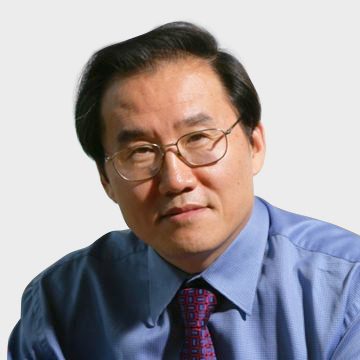
Baining Guo
Distinguished Scientist, Microsoft Research Asia
Read Bio
Baining Guo is a Distinguished Scientist with Microsoft Research. Prior to joining Microsoft in 1999, Baining was a senior staff researcher with Intel Research in Santa Clara, California. Baining received his PhD and MS degrees from Cornell University, and his BS from Peking University. He is a fellow of ACM, IEEE, and Royal Society of Canada.
Baining works in computer graphics, geometric modeling, virtual reality, and computer vision. His research focuses on three areas: DNN models for 3D graphics and imaging, statistical modeling of textures and appearances, and geometric modeling. His work is motivated by applications in the fields of virtual reality, video communication, digital content creation, and video gaming. He has invented computer graphics and video gaming technologies used by tens of millions of people worldwide. He was a keynote speaker in many graphics and visual computing conferences, including ACM/SIAM Solid and Physical Modeling (SPM), IEEE Shape Modeling International (SMI), IEEE Virtual Reality (IEEE-VR), IEEE Multimedia and Expo (ICME), IEEE Visual Communication and Image Processing (VCIP), Pacific Graphics (PG), Computer Animation and Social Agents (CASA), and IEEE ICASSP. He was an invited speaker in Geometric Modeling and Processing (GMP).
He served on program committees of most major comuter graphics conferences, including ACM SIGGRAPH, ACM SIGGRAPH Asia, ACM Symp on Virtual Reality Software and Technology (VRST ), ACM Symp on Solid and Physical Modeling (SPM), and Geometric Modeling and Processing (GMP). He was a member of ACM Siggraph Papers Advisory Group (2013-2015). He was the technical papers program chair of ACM SIGGRAPH Asia in 2014. He also served on the editorial boards of various computer graphics journals including IEEE Transactions on Visualization and Computer Graphics, IEEE Computer Graphics and Applications, and Elsevier Journal of Computer and Graphics.
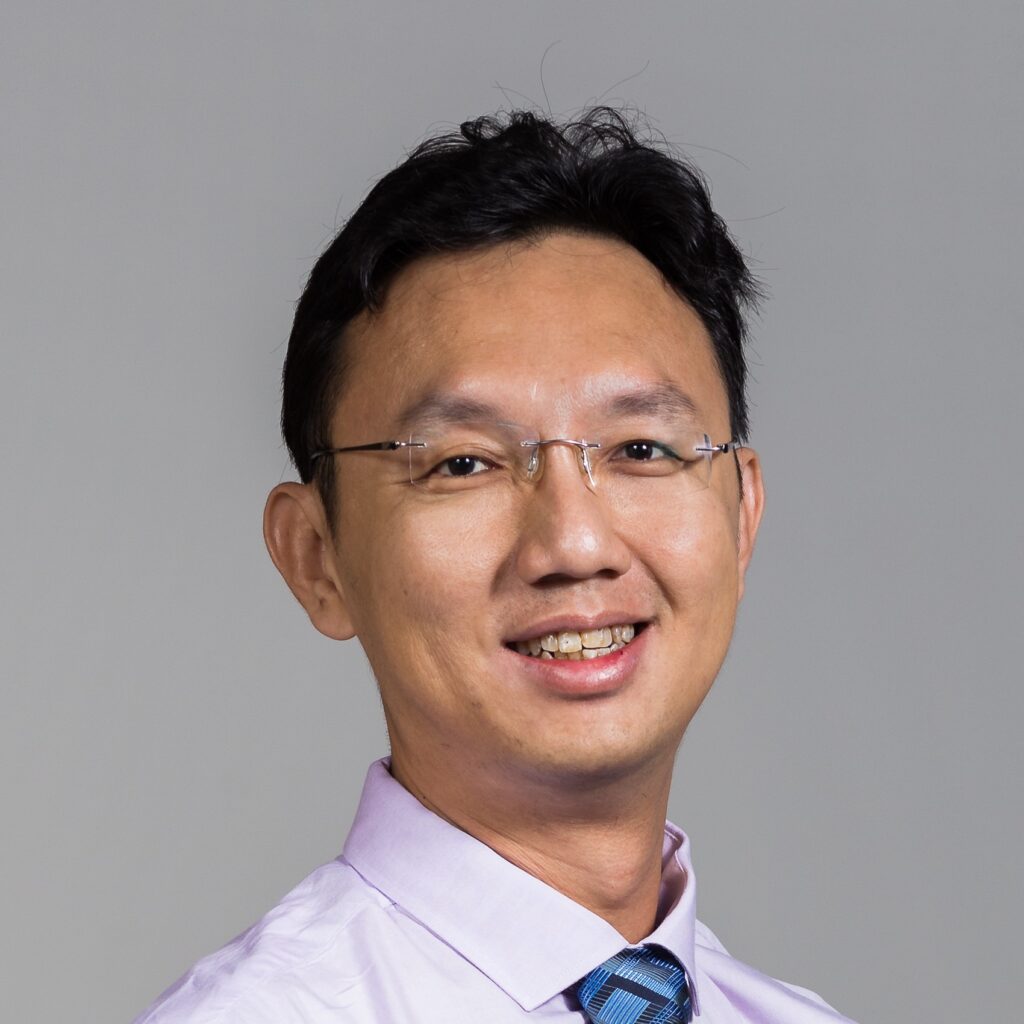
Ben Leong
Associate Professor & Assistant Dean, NUS School of Computing
Director, Centre for Computing for Social Good and Philanthropy (CCSGP)
Director, AI Centre for Educational Technologies (AICET)
Chief Data Officer, AI Singapore
Read Bio
Ben Leong is an Associate Professor of Computer Science at the National University of Singapore (NUS). He received his S.B. (1997), M.Eng. (1997) and Ph.D. (2006) degrees from the Massachusetts Institute of Technology.
Leong’s research interests are broadly in the areas of computer networking and distributed systems. He has worked on a number of problems in the areas of sensor networks, network coding and peer-to-peer file transfers in the past. More recently, he has been working on improving communications for mobile cellular networks, TCP and software defined networks.

Bingsheng He
Professor, National University of Singapore
Vice Dean (Research), School of Computing, National University of Singapore
Read Bio
Bingsheng He is currently a Professor and Vice-Dean (Research) at School of Computing, National University of Singapore. Before that, he was a faculty member in Nanyang Technological University, Singapore (2010-2016), and held a research position in the System Research group of Microsoft Research Asia (2008-2010), where his major research was building high performance cloud computing systems for Microsoft. He got the Bachelor degree in Shanghai Jiao Tong University (1999-2003), and the Ph.D. degree in Hong Kong University of Science & Technology (2003-2008). His current research interests include cloud computing, database systems and high performance computing. He has been a winner for industry faculty awards from Microsoft, NVIDIA, Xilinx, Alibaba, Webank, SenseTime and AMD. His work also won multiple recognitions as “Best papers” collection or awards in top forums such as SIGMOD 2008, VLDB 2013 (demo), IEEE/ACM ICCAD 2017, PACT 2018, IEEE TPDS 2019, FPGA 2021, and VLDB 2023 (industry)/2024. Since 2010, he has (co-)chaired a number of international conferences and workshops, including IEEE CloudCom 2014/2015, BigData Congress 2018, ICDCS 2020 and ICDE 2024. He has served in editor board of international journals, including IEEE Transactions on Cloud Computing (IEEE TCC), IEEE Transactions on Parallel and Distributed Systems (IEEE TPDS), IEEE Transactions on Knowledge and Data Engineering (TKDE), Springer Journal of Distributed and Parallel Databases (DAPD) and ACM Computing Surveys (CSUR).
He is an ACM Distinguished member and an IEEE Fellow.
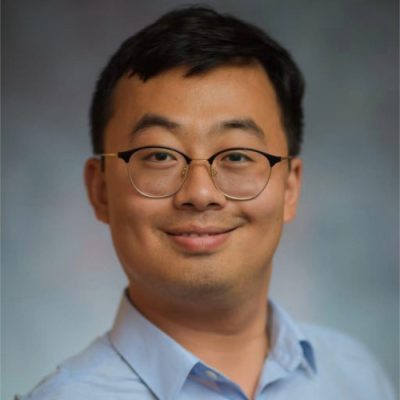
Dianbo Liu
Assistant Professor, National University of Singapore
Read Bio
Our research focuses on developing machine learning methods that enable AI systems to autonomously interact with the world and learn generalizable rules from experience in an efficient and creative manner to achieve automatic self-evolution.
Before starting CogAI4Sci team, Dianbo Liu was a group leader at the Broad Institute of MIT and Harvard. Prior to the Broad Institute, Dianbo worked as a postdoctoral researcher with Prof. Yoshua Bengio (a Turing Award winner) and led the Humanitarian AI team at the Mila-Quebec AI Institute. This followed his fellowship training and studies in medical informatics at Harvard Medical School. Dianbo earned his PhD from the University of Dundee, Scotland, under the supervision of particle physicist Prof. Timothea Newman. During his doctoral studies,he received the Vest Principal Scholarship from the Massachusetts Institute of Technology (MIT) and was a special graduate student at the MIT Computer Science and Artificial Intelligence Lab. Dianbo also co-founded two start-ups, "GeneTank" and "SecureAILabs," to advance AI applications in sciences during his training
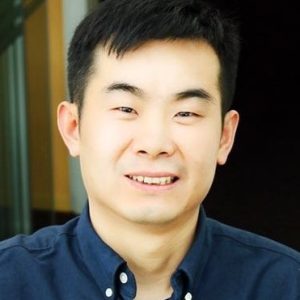
Furu Wei
Distinguished Scientist, Microsoft Research Asia
Read Bio
Dr. Furu Wei is a Distinguished Scientist and Vice President at Microsoft Research, where he leads research in Foundation Models, General AI, NLP, Speech, and Multimodal AI at Microsoft Research Asia. Dr. Wei has published over 200 research papers in premier conferences and journals with more than 60,000 citations and an H-Index of 110.
Dr. Wei and his team have published and open-sourced many pioneering and impactful research, including UniLM, MiniLM, LayoutLM, WavLM, BEiT(-3), VALL-E, Kosmos, BitNet / 1-bit LLMs, YOCO, Differential Transformer, LatentLM, and Reinforcement Pre-Training, significantly advancing the field of Foundation Model and General AI.
Dr. Wei received his B.S. (2004) and Ph.D. (2009) in computer science from Wuhan University. In 2017, he was named to the MIT Technology Review’s annual list of Innovators Under 35 China (MIT TR35 China).
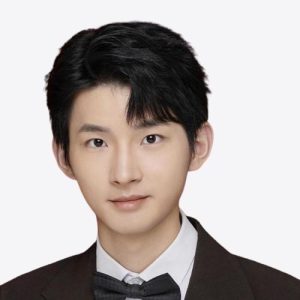
Hanze Dong
Senior Researcher, Microsoft Research Asia
Read Bio
Hanze Dong is a senior researcher with the MSRA Singapore team. He was previously a Research Scientist at Salesforce. He earned a PhD in Mathematics from HKUST and a BSc from Fudan University. His research interests include LLM training algorithms, reinforcement learning, and the theory of generative models, focusing on alignment, reasoning, and sampling.
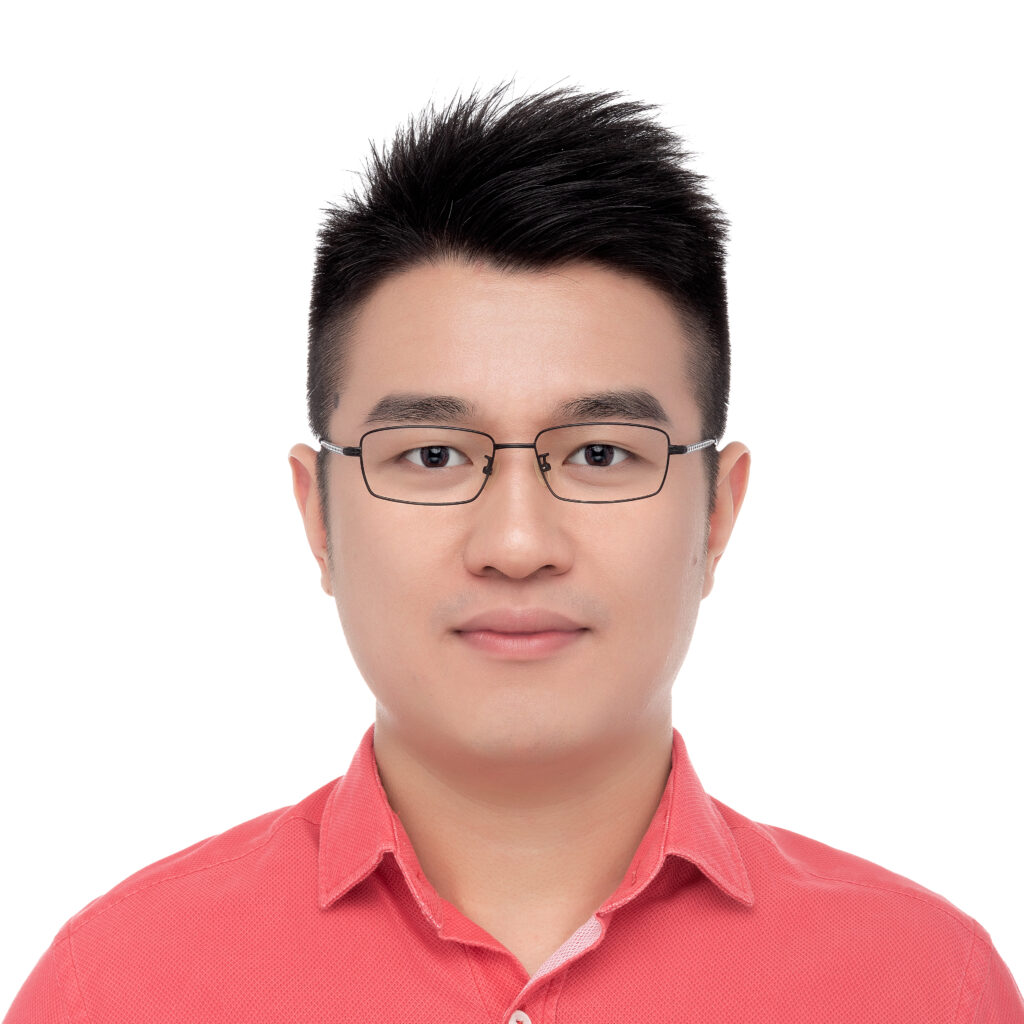
He Jiong
Senior Research Fellow, National University of Singapore
Read Bio
Jiong He is a currently a Senior Research Fellow at the National University of Singapore and co-founder of InnoBridge Pte Ltd, an NUS-incubated startup dedicated to building scalable and cost-efficient AI products and solutions. He has held research and engineering positions at ByteDance, A*STAR’s Institute of High Performance Computing, and Alibaba’s DAMO Academy, where he focused on optimizing query engines for emerging hardware architectures. Earlier in his career, he was a researcher at the Advanced Digital Sciences Center (ADSC), established by the University of Illinois at Urbana-Champaign. Dr. He earned his Ph.D. from Nanyang Technological University and has published in top-tier venues such as VLDB, SIGMOD, ICDE, ICDCS, and CIDR.
Lili Qiu
Assistant Managing Director, Microsoft Research Asia
ACM and IEEE Fellow
Read Bio
Lili Qiu is an Assistant Managing Director of Microsoft Research Asia and is mainly responsible for overseeing the research, as well as the collaboration with industries, universities, and research institutes, at Microsoft Research Asia – Shanghai.
Lili Qiu obtained her MS and PhD degrees in computer science from Cornell University. Her current research interests include wireless communication, wireless/wearable sensing, machine learning, systems, and healthcare. She worked at Microsoft Research Redmond as a researcher in the System & Networking Group from 2001-2004. In 2005, she joined the University of Texas at Austin as an assistant professor in the Department of Computer Science, and later, in view of her outstanding achievements, she was promoted to a tenured professor.
Qiu is an IEEE Fellow, an ACM Fellow, a National Academy of Inventors (NAI) Fellow. She also serves as the ACM SIGMOBILE chair. She was named an ACM Distinguished Scientist and was a recipient of the NSF CAREER award, among many other honors.
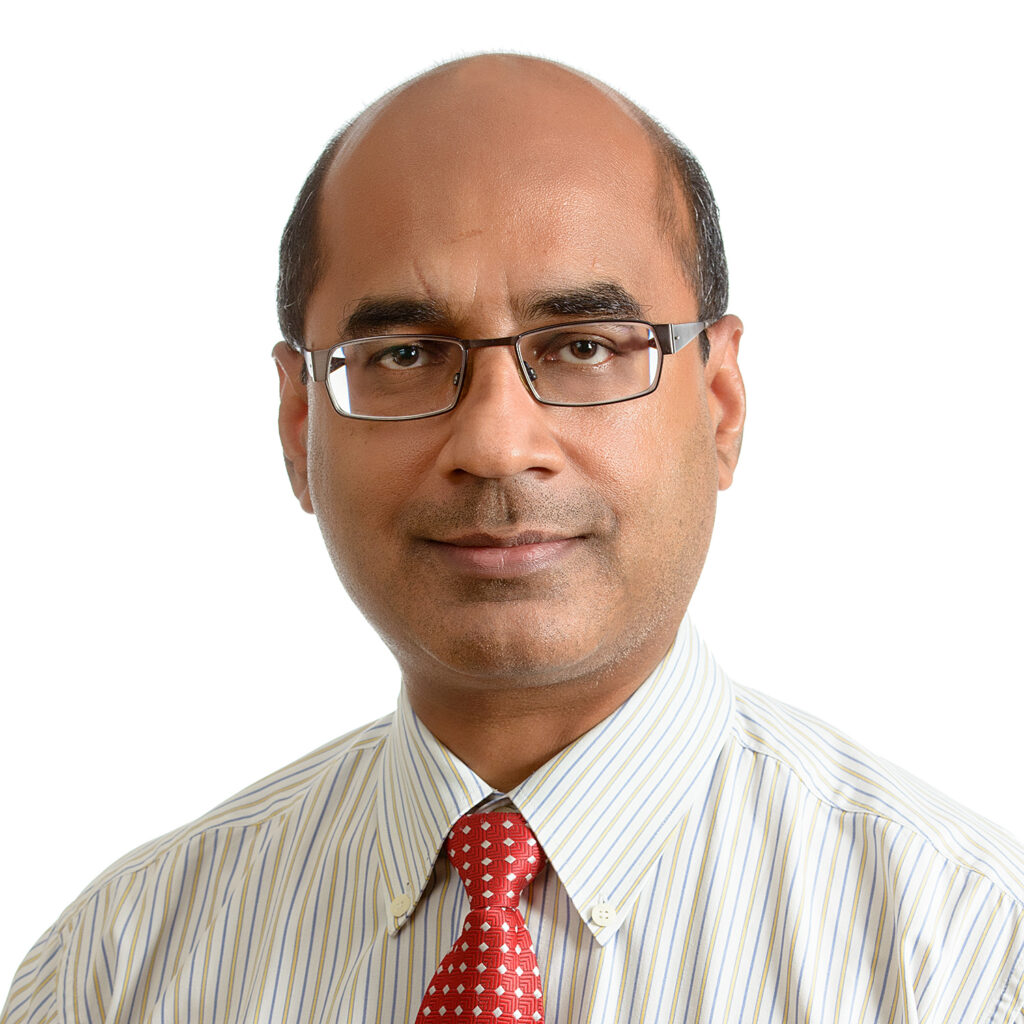
Mohan Kankahali
Director, NUS AI Institute
Provost’s Chair Professor, NUS School of Computing
Deputy Executive Chairman, AI Singapore
ACM and IEEE Fellow
Read Bio
Mohan Kankanhalli is Provost's Chair Professor of Computer Science at the National University of Singapore (NUS), where he is the Director of the NUS AI Institute. He is also the Deputy Executive Chairman of AI Singapore, which is Singapore’s National AI R&D Program. Mohan obtained his BTech from IIT Kharagpur and MS & PhD from the Rensselaer Polytechnic Institute. Mohan’s research interests are in Multimodal Computing, Computer Vision, and Trustworthy AI. He has made fundamental contributions in the areas of image and video understanding, visual saliency, content authentication, privacy, and trustworthy AI. As Director of NUS AI Institute, he leads initiatives on multimodal models and trustworthy machine learning. He is also engaged in leadership roles in multimedia computing such as being the Senior Editor of ACM Transactions on Multimedia Computing journal and the Associate Editor-in-Chief of IEEE Multimedia magazine. Mohan was a member of World Economic Forum's 2023-2024 Global Future Council on the Future of Artificial Intelligence. He is a Fellow of IEEE, IAPR and ACM.
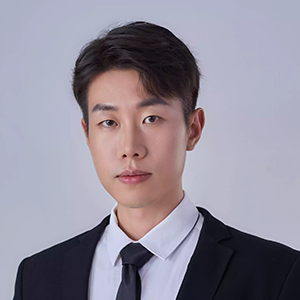
Mike Shou
Assistant Professor (Presidential Young Professorship), National University of Singapore
Read Bio
Mike Shou is a tenure-track Assistant Professor (Presidential Young Professorship) at National University of Singapore. He was a Research Scientist at Facebook AI in Bay Area. He obtained his Ph.D. degree at Columbia University in the City of New York, working with Prof. Shih-Fu Chang. He received the Best Paper Finalist at CVPR'22 and CVPR'25, Best Student Paper Nomination at CVPR'17, PREMIA Best Paper Award 2023, EgoVis Distinguished Paper Award 2022/23. His team won the 1st place in the international challenges including ActivityNet 2017, EPIC-Kitchens 2022, Ego4D 2022 & 2023. He regularly serves as Area Chair for top-tier artificial intelligence conferences including CVPR, ECCV, ICCV, ACM MM. He is a Singapore Technologies Engineering Distinguished Professor and a Fellow of National Research Foundation Singapore. He is on the Forbes 30 Under 30 Asia list.
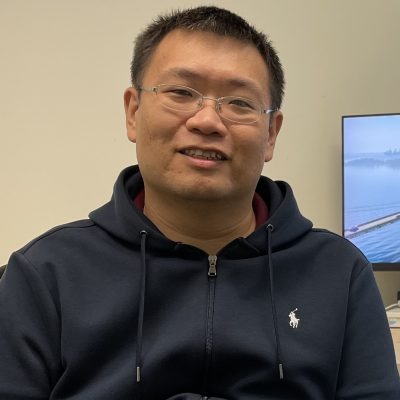
Peng Cheng
Senior Principal Research Manager, Microsoft Research Asia Singapore
Read Bio
Peng Cheng is the Senior Director at Microsoft Research Asia (Vancouver), specializing in systems, networking, and artificial intelligence. His recent work focuses on pioneering advancements in AI infrastructure and AI-system co-evolution. Peng has authored over 30 papers in leading systems, networking, and AI conferences, and his research has played a key role in enhancing Microsoft products, including Azure, Microsoft Teams, and Bing.
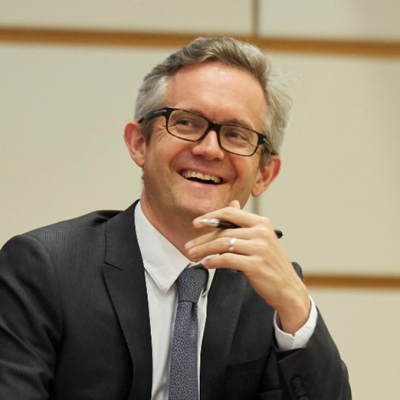
Simon Chesterman
David Marshall Professor of Law & Vice Provost (Educational Innovation), National University of Singapore
Senior Director (AI Governance), AI Singapore
Read Bio
Simon Chesterman is David Marshall Professor of Law and Vice Provost (Educational Innovation) at the National University of Singapore, where he is also the founding Dean of NUS College. He serves as Senior Director of AI Governance at AI Singapore and Editor of the Asian Journal of International Law. Previously, he was Dean of NUS Law from 2012 to 2022 and Co-President of the Law Schools Global League from 2021 to 2023.
Educated in Melbourne, Beijing, Amsterdam, and Oxford, Professor Chesterman’s teaching experience includes periods at the Universities of Melbourne, Oxford, Southampton, Columbia, and Sciences Po. From 2006-2011, he was Global Professor and Director of the New York University School of Law Singapore Programme. Prior to joining NYU, he was a Senior Associate at the International Peace Academy and Director of UN Relations at the International Crisis Group in New York.Professor Chesterman is the author or editor of more than twenty books, including We, the Robots? Regulating Artificial Intelligence and the Limits of the Law (CUP, 2021) and One Nation Under Surveillance (OUP, 2011). He also writes on legal education and higher education more generally, and is the author of five novels including the Raising Arcadia trilogy and Artifice.
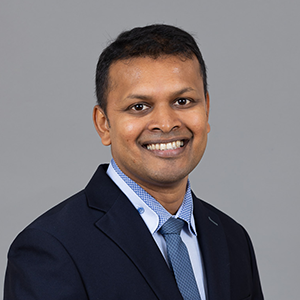
Suranga Nanayakkara
Associate Professor
Director, Centre for Holistic Inquiry into Lifelong Learning (CHILL)
PI Smart Systems Institute (SSI)
AI+HCI Theme Lead
NUS+CNRS IPAL Lab
Residential Fellow NUS College
Read Bio
ChatGPT said: Before joining NUS, Suranga was an Associate Professor at the University of Auckland, appointed under the Strategic Entrepreneurial Universities scheme. Since 2011, he has led the “Augmented Human Lab,” focusing on intelligent human-computer interfaces that enhance human perception and cognition. He is a Senior Member of ACM and has served in roles such as General Chair of the Augmented Human Conference and on program committees for SIGCHI, TEI, and UIST. Suranga has received numerous awards, including the TR35 Young Inventor award by MIT Tech Review and the University of Auckland’s Research Excellence Medal. His work blends research, innovation, and leadership in the field of human-computer interaction.
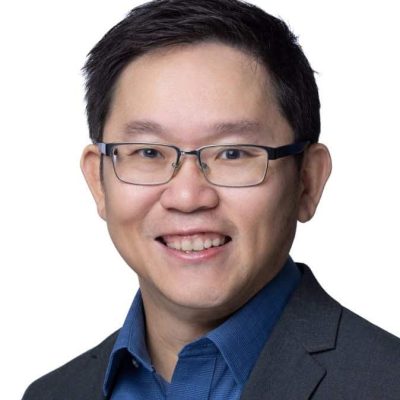
Wee Hyong Tok
Partner Director PM, Microsoft
Read Bio
Wee Hyong Tok is Partner Director of Products and AI, with the Cloud and AI organization at Microsoft. He is a seasoned Data and AI leader with a proven track record of running successful businesses and growing it from zero to sustained industry leadership positions. He is the author of more than 10+ books, covering topics ranging from products and artificial intelligence including: “Practical Weak Supervision”, Practical Automated Machine Learning", and more. Prior to his current role, Wee Hyong led AI strategy and innovation. He was Head of AI Labs, where he led a global team of data scientists to deliver cutting-edge AI solutions from customers spanning different industries. Wee Hyong co-founded the AI for Earth Engineering and Data Science team, which seeded the foundation for many of the AI for Good initiatives, in using AI to solve some of the world's toughest sustainability challenges using AI/ML. Wee Hyong has a PhD in Computer Science from National University of Singapore.
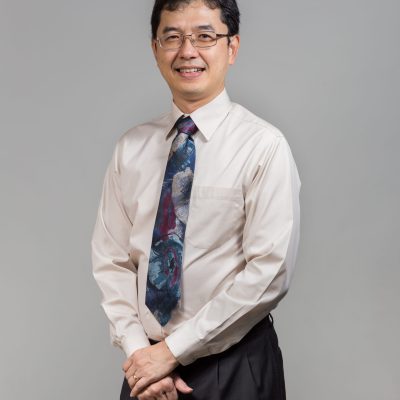
Wee Sun Lee
Professor, National University of Singapore
Read Bio
Wee Sun Lee is a professor in the Department of Computer Science, National University of Singapore. He obtained his B.Eng from the University of Queensland in 1992 and his Ph.D. from the Australian National University in 1996. He has been a research fellow at the Australian Defence Force Academy, a fellow of the Singapore-MIT Alliance, and a visiting scientist at MIT. He has also been the Head of the Department of Computer Science as well as the Vice Dean of Undergraduate Studies and the Vice Dean of Research at NUS. His research interests include machine learning, planning under uncertainty, and approximate inference. His works have won the IJCAI-JAIR Best Paper Prize 2022, the Test of Time Award at Robotics: Science and Systems (RSS) 2021, the RoboCup Best Paper Award at International Conference on Intelligent Robots and Systems (IROS) 2015, the Google Best Student Paper Award at Uncertainty in AI (UAI) 2014 (as faculty co-author), as well as several competitions and challenges. He has been an area chair for machine learning and AI conferences such as the Neural Information Processing Systems (NeurIPS), the International Conference on Machine Learning (ICML), the AAAI Conference on Artificial Intelligence (AAAI), and the International Joint Conference on Artificial Intelligence (IJCAI). He was a program, conference and journal track co-chair and has been the chair of the steering committee for the Asian Conference on Machine Learning (ACML).
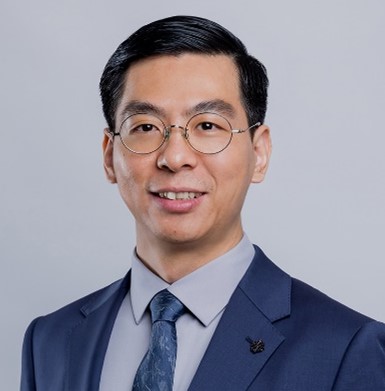
Xinxing Xu
Principal Research Manager, Microsoft Research Asia Singapore
Read Bio
Xinxing Xu is a Principal Research Manager at Microsoft Research Asia Singapore. He was a Senior Scientist, Group Manager of Multimodal AI, Innovation Target Area Lead (ITA) with Institute of High Performance Computing (IHPC), Astar, Singapore.
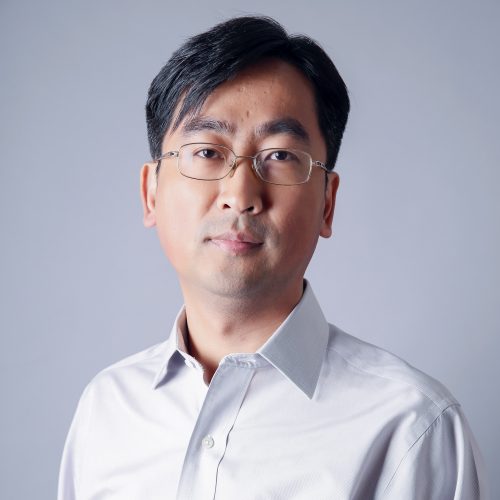
Xing Xie
Partner Research Manager, Microsoft Research Asia
Read Bio
Xing Xie is a partner research manager at Microsoft Research Asia. He received his B.S. and Ph.D. in Computer Science from the University of Science and Technology of China in 1996 and 2001, respectively. Since joining Microsoft Research Asia in July 2001, Dr. Xie has focused on data mining, social computing, and responsible AI. His work has been recognized with several prestigious awards, including the IEEE MDM 2023 Test-of-Time Award, ACM SIGKDD 2022 Test-of-Time Award, ACM SIGKDD China 2021 Test-of-Time Award, ACM SIGSPATIAL 2020 10-Year Impact Award Honorable Mention, and ACM SIGSPATIAL 2019 10-Year Impact Award. He has delivered keynote speeches at notable conferences such as MDM 2019, ASONAM 2017, and W2GIS 2011. Dr Xie serves on the editorial boards of ACM Transactions on Social Computing, ACM Transactions on Intelligent Systems and Technology, and CCF Transactions on Pervasive Computing and Interaction. He served as program co-chair of ACM Ubicomp 2011, PCC 2012, UIC 2015, SMP 2017, ACM SIGSPATIAL 2021, ACM SIGSPATIAL 2022, IEEE MDM 2022, and PAKDD 2024. Dr.Xie is a Fellow of the ACM, IEEE, and China Computer Federation.
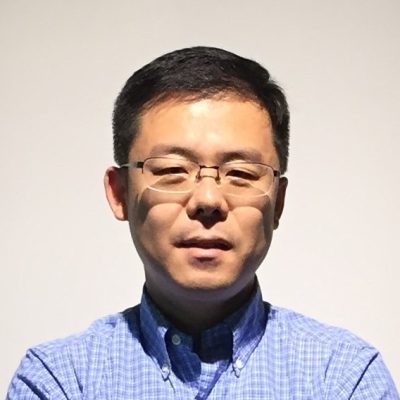
Yan Lu
Partner Research Manager, Microsoft Research Asia
Read Bio
Yan Lu is a Partner Research Manager at Microsoft Research Asia (MSRA), where he oversees research on Future Media Experience. This research spans diverse fields including Multimedia, Immersive AI, Agentic AI, and HCI, aiming to drive innovation in the evolving landscape of media and AI convergence. Yan Lu has an extensive record of driving innovation at Microsoft. Throughout his tenure, he and his team have transferred many key technologies and research prototypes into Microsoft products like Windows, Office, Teams, Skype, Xbox, and Azure Media Service. Currently, he’s also leading the development of neural video communication technologies at Microsoft. Prior to joining MSRA in 2004, he served as the team lead of the video coding group in the JDL Lab, Institute of Computing Technology, China. From 1999 to 2000, he worked as a research assistant at the City University of Hong Kong. Yan Lu has made significant contributions to international standards such as MPEG-4, H.264/AVC, H.265/HEVC, and AOM AV1. In 2006, he was honored with the State Technological Invention Award (second prize) of China.
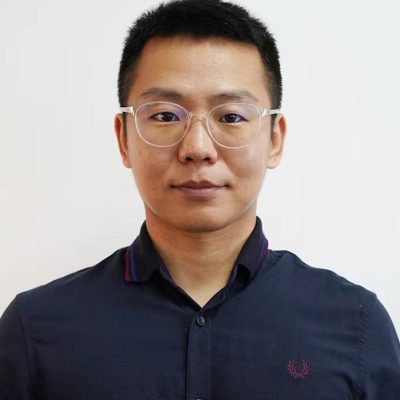
Yao Chen
Research Assistant Professor, National University of Singapore
Read Bio
Yao Chen is a Research Assistant Professor at the National University of Singapore (NUS). Prior to this, he served as a Senior Research Scientist and the Coordinator for Hardware and Data Analytics research groups at the Advanced Digital Sciences Center (ADSC) in Singapore, an affiliate of the University of Illinois at Urbana-Champaign (UIUC). He holds a B.S. and a Ph.D. degree from Nankai University, awarded in 2010 and 2016, respectively. Dr. Chen’s research is at the forefront of domain-specific architecture design, reconfigurable computing, high-level synthesis, software-hardware co-design, and electronic design automation. His pioneering work has been published in prestigious venues including MICRO, FPGA, DAC, ICCAD, SIGMOD, TVLSI, TCAD, and TC. In addition to his research, Dr. Chen actively contributes to the academic community. He is an Associate Editor of the ACM Transactions on Reconfigurable Technology and Systems (TRETS) and Frontiers in Electronics. His service extends to the role of session chair and Technical Program Committee member for several influential conferences, such as FCCM, DATE, ICCAD, ASP-DAC, and ISVLSI.
PROGRAM
Please note that the programme may be subject to change.
| Time/Date | Friday July 25, 2025 | Saturday July 26, 2025 | Sunday July 27, 2025 |
|---|---|---|---|
| 8.30 – 9.00 | Breakfast | ||
| 9.00 – 10.00 |
Opening Remarks Mohan Kankanahalli NUS AI Institute Director, Provost’s Chair Professor, NUS SoC Deputy Executive Chairman, AI Singapore ACM & IEEE Fellow Keynote Doug Burger Technical Fellow & Corporate VP, Microsoft Research ACM & IEEE Fellow |
Agentic AI for Insurance and Finance (Tutorial) He Jiong Senior Research Fellow, NUS |
Generative AI and City Planning Process Zhao Jinhua (Distinguished Speaker) Professor, MIT |
| 10.00 – 11.00 |
Towards A New Paradigm of AI Furu Wei Distinguished Scientist & VP, Microsoft Research Asia |
Multi-modal Healthcare AI Xinxing Xu Principal Research Manager, Microsoft Research Asia |
Beyond Hospital Walls Lili Qiu Asst. Managing Director, Microsoft Research Asia ACM & IEEE Fellow |
| 11.00 – 12.00 |
AI Reasoning (Tutorial) Wee Sun Lee Professor, NUS SoC |
Creativity of Generative AI Models (Tutorial) Dianbo Liu Assistant Professor, NUS Yong Loo Lin School of Medicine |
Exploring Agentic Media Yan Lu Partner Research Manager, Microsoft Research Asia |
| 12.00 – 13.00 | Lunch and Networking | Lunch and Networking |
Societal AI: Research Challenges and Opportunities Xing Xie Partner Research Manager, Microsoft Research Asia ACM & IEEE Fellow |
| 13.00 – 14.00 |
The Co-Evolution of Intelligence and Systems Infrastructure Peng Cheng Senior Director, Microsoft Research Asia |
Reinforcement Learning for Agentic Systems Hanze Dong Senior Researcher, Microsoft Research Asia |
Lunch and Networking |
| 14.00 – 15.00 |
Whether, When & How to Govern AI? (Tutorial) Simon Chesterman David Marshall Prof of Law & Vice Provost, NUS Sr Director (AI Governance), AI Singapore |
Can AI Help Us Learn Better? (Tutorial) Ben Leong Assoc Prof & Asst Dean, NUS SoC Director, CCSGP & AICET, AI Singapore |
Distinguished Speaker Daniela Rus Andrew & Erna Viterbi Prof, MIT Director, CSAIL, MIT |
| 15.00 – 15.30 | Afternoon Tea |
Afternoon Tea & Networking (end at 16.00) |
Closing Remarks Wee Hyong Tok Partner Director PM, Microsoft |
| 15.30 – 16.30 |
Toward Lifelike Visual AI Baining Guo Distinguished Scientist, Microsoft Research Asia ACM & IEEE Fellow |
Afternoon Tea & Networking (end at 16.00) |
|
| 16.30 – 17.30 |
Video Intelligence in the Era of Multimodal (Tutorial) Mike Shou Assistant Professor, NUS SoC & CDE |
||



- Home
- NUS-Microsoft Research Area AI Summer School
NUS Artificial Intelligence Institute
- +65 6516 2146
- naii@nus.edu.sg
-
COM3 #B1-08, 11 Research Link
Singapore 119391
